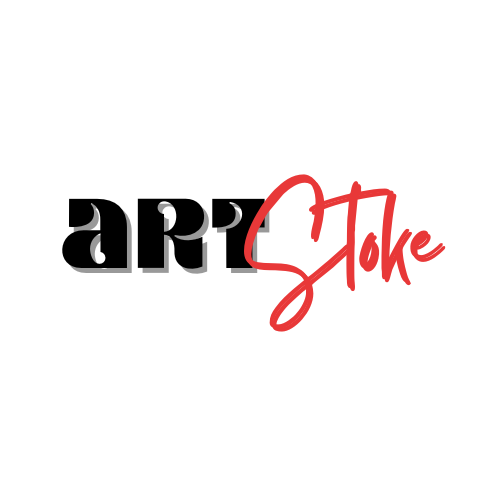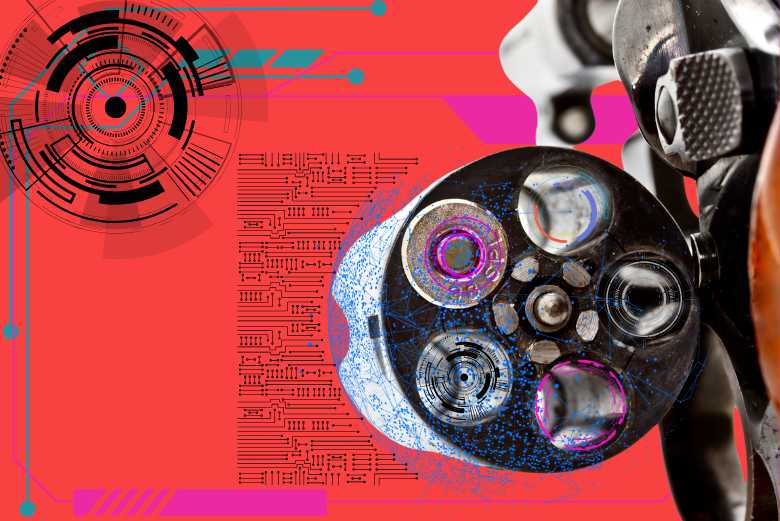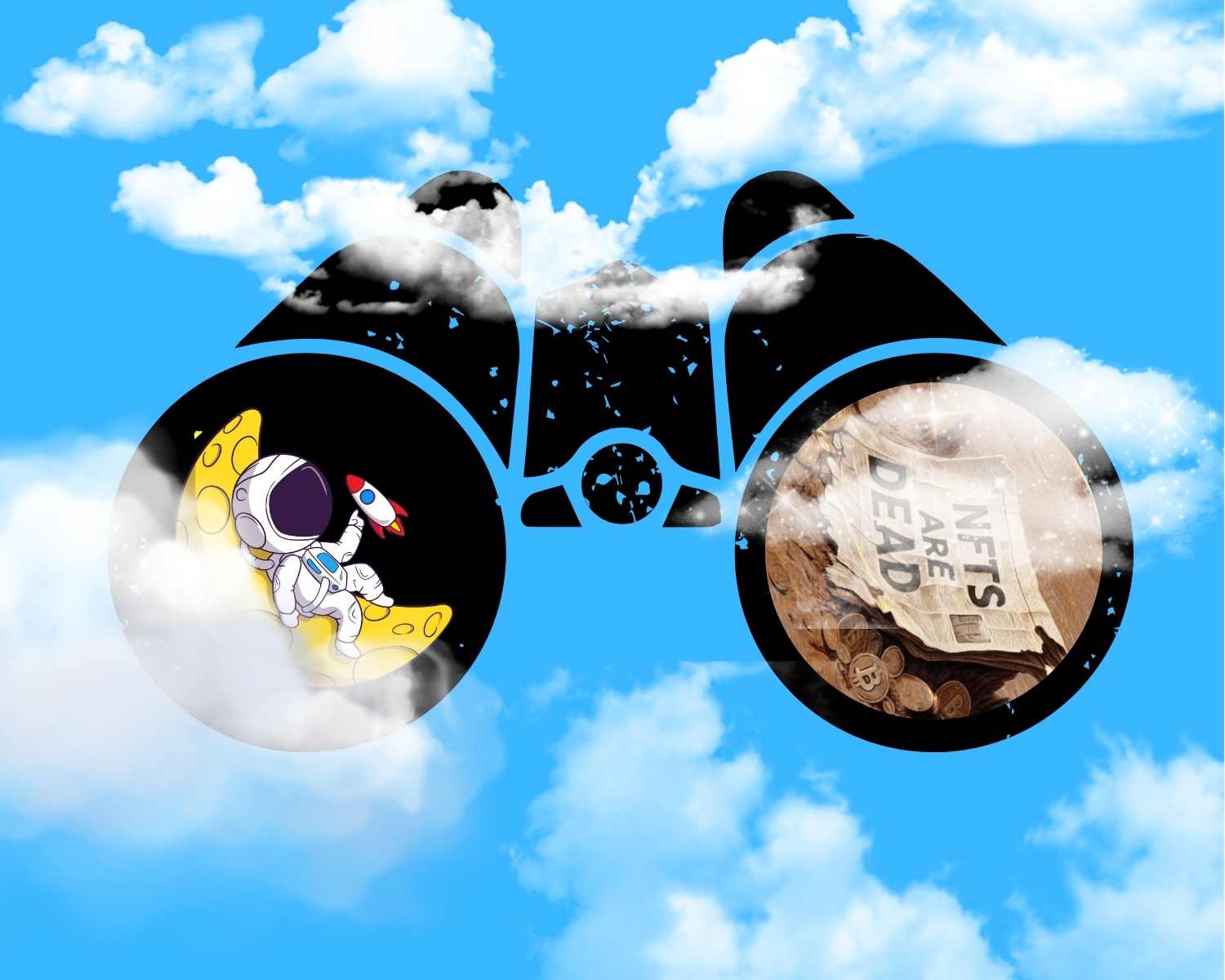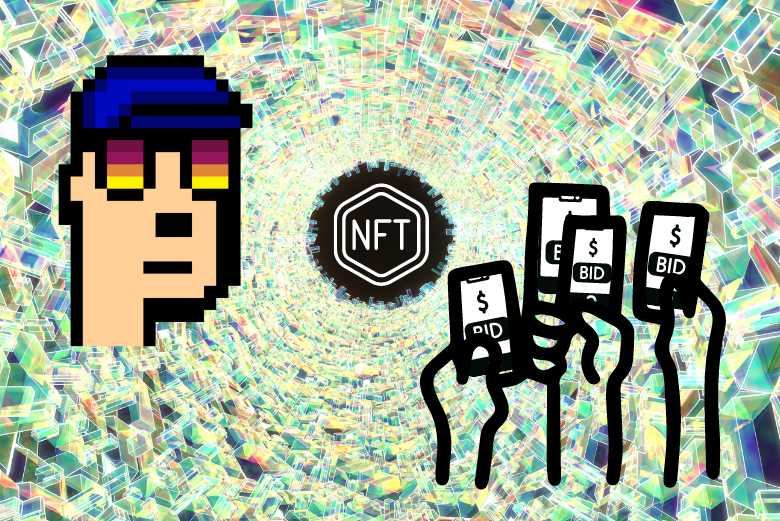
Latest
Slow-Profit DAOs and Cultural Infrastructure: A New Commons for Systemic Change
At the heart of Art Stoke Commons is a quiet but radical belief: You cannot have sustainable systems change or social impact without a decentralised, slow-profit social economy. This isn’t ideology. It’s structural necessity.
Composting the Bypass: Entanglement, Grief, and the Pitfalls of Post-Anthropocentric Movements
Are some post-anthropocentric movements — from mycelial networks to rhizomatic thinking, biomimicry to planetary intelligence — bypassing cultural healing by retreating into nature metaphors?
Beyond Climate Panic: Educating for Complexity in the Age of Polycrisis
“This article explores the difference between climate education and climate indoctrination, the impact of fear-based messaging on the youth, and why understanding the climate crisis through the lens of polycrisis might lead us to more empowering cultural responses.”
More Articles
Beyond the Gavel: The New Dynamics of Digital Art Auctions in the Crypto Age
The digital art world has experienced a seismic shift with the advent of online auctions, particularly those leveraging blockchain technology and NFT (Non-Fungible Token) marketplaces. Initially, online digital art auctions mirrored traditional methods, where artworks were sold on platforms like eBay or specialized auction websites through fixed prices or standard bidding systems. However, the rise […]
Composting the Bypass: Entanglement, Grief, and the Pitfalls of Post-Anthropocentric Movements
Are some post-anthropocentric movements — from mycelial networks to rhizomatic thinking, biomimicry to planetary intelligence — bypassing cultural healing by retreating into nature metaphors?
Another Ten Ideas too Dangerous to Share: Patterns, Paradoxes and the Path Forward
In this follow-up, we delve deeper into another ten transformative ideas that threaten to upend the status quo. From questioning the morality of AI-driven warfare to envisioning decentralized alternatives to economic growth, these ideas reveal the fault lines of our time.












